Puru stared unseeing into the horizon as the setting sun swathed the entire landscape in its resplendent radiance. The young prince was immune to the beauty of nature as his mind was on a pressing, nagging problem. He knew his father, King Yayati, would call him soon, and he needed to be ready with his answer.
Yadu and Turvasu, born to his father’s first wife, Devyani, were already summoned. He himself was the youngest son of his father’s second wife, Sarmistha, and was born after Druhyu and Anu. That his two mothers’ histories were deeply intertwined was one of the primary reasons he was deliberating on his answer to his father’s impending question.
Devyani was the daughter of Shukracharya, the guru of the Asuras. Sarmishtha was the daughter of the Asura king, Vrishaparva. Guru Shukracharya was indispensable to the Asuras considering he was a master of the mritasanjeevani mantra that could revive the dead.
Devyani and Sarmistha had been close friends once. However, the friendship ended one fateful day when the two were swimming in the lake with their friends. As they were having fun in the water, a powerful gust of wind threatened to scatter the girls’ garments lying on the banks of the lake.
In a panic, everyone tried to clamour out of the water to get their hands on their clothes. In the mayhem, Sarmishtha mistakenly wore Devyani’s dress.
Devyani was furious and spoke rudely to Sarmistha. In response, Sarmistha called Devyani the daughter of a servant who depended on her father for his livelihood. The ensuing name-calling ended in a fistfight, and Sarmistha pushed Devyani so hard that she fell into the well.
She left the place without trying to rescue Devyani who remained stuck in the well crying and calling out for help. King Yayati who had come hunting heard her cry for help and pulled her out.
It was love at first sight. They went to Guru Shukracharya to seek his blessings for their union, and he happily agreed.
However, Devyani had a score to settle with Sarmistha before her marriage. When she was alone with her father, she related the events at the lake. Like any doting father, Guru Shukracharya wanted to know what would make her happy. He was quite angry too at being referred to as a supplicant.
Devyani said, “Since both you and I were insulted as being slaves and servants, I want Sarmistha to become my slave for the rest of her life.”
Shukracharya approached King Vrishaparva and demanded his daughter’s wishes be fulfilled. Otherwise, he would leave the Asura kingdom forever, he warned. There was no option left for the Asura king. He, in turn, went to his daughter and pleaded with her to accept the condition for the sake of the kingdom. And Sarmistha agreed.
She became Devyani’s slave for life and went to live with her in Yayati’s kingdom. Devyani and Yayati had two sons, Yadu and Turvasu. However, it was not long before Yayati who had a huge weakness for sensual pleasures noticed Sarmistha’s beauty. Unknown to Devyani, he married the Asura princess and they had three sons, Druhyu, Anu, and Puru.
Devyani soon found out about her husband’s infidelity and complained to her father again. In anger, Guru Shukracharya cursed his son-in-law to lose all his youth. Yayati turned into an old, frail man instantly. But his desires remained and the conflict between his mind and body tortured him endlessly.
He fell at his father-in-law’s feet begging for forgiveness. Even Devyani pleaded his case this time. Shukracharya relented. He gave Yayati a solution, “You can regain your old form if one of your sons is willing to exchange his youth with you. Go, ask all your sons.”
And so here was Puru waiting for his turn to be called. Even though he was the youngest, there was no hope of missing his turn because he knew his older brothers had already decided to say no to their father.
Sarmistha had called her three sons. “When everyone treated me like a slave, your father gave me respect. He made me an equal to the very woman who caused me unending suffering. I owe him my happy, respectful life. Think about your duty towards your parents before you make any decision.”
Druhyu said, “But mother, why should we pay for father’s mistake?”
“Because if he didn’t make mistakes, you might not be born at all, Druhyu,” said his mother angrily.
“But mother, those events you talk about happened in the past. What can we do about it? Father expecting one of us to give up our youth is unfair,” countered Anu.
“Moreover, hasn’t he lived his life fully? Married well? Ruled for a long time? Had children? Becoming old is a natural aspect, right? So what if it happened a little before his time? He can take it graciously and let us lead our lives, Mother,” continued Druhyu.
Puru’s brothers were not affected by their mother’s speech. Puru had the same doubts his brothers had. And he had deeper doubts. “Aren’t people supposed to become increasingly mature and wise with age? If all his life experiences hadn’t helped my father overcome his desires, then I wonder what would? Both of my mothers haven’t been able to let go of their old grudges. Would I be like them too?”
He wondered how he would live with a frail body and a mind full of unfulfilled desires. If his father couldn’t manage it, how would he be able to handle it? And yet, Puru felt obliged to help his father. He didn’t know how to say no to his parents. “Maybe I’ll be stronger than my father was when dealing with my desires.”
As these confusing thoughts were playing in his mind, a messenger told him that his father wanted to see him. Sighing resignedly, Puru went into his father’s chambers and shut the door.
The frail body of Yayati looked even more so, especially when four of his five sons had disagreed to exchange their youth with him. Puru was his last option, and he was a mere boy, the youngest of the five.
“You know why I have called you, my son. What is your answer? Think of your poor father before you say anything.” But Puru had already made his decision before entering his father’s chambers.
“Father, you have given my mother dignity and love. And I was born from this love. I am, therefore, duty-bound to help you in your crisis even if I think it is unfair. I agree to exchange my youth with you. Continue to shower your love on my mother.”
Yayati was overcome with emotion. He hugged his son and instantly, Puru became old and Yayati regained his youth. “For this mighty sacrifice that you have done, I name you my successor. And I will return your youth as soon as I have finished my work.”
And so, Yayati ruled and lived for a long, long time chasing and fulfilling his dreams and desires. Puru kept waiting for his father to return as he promised. But it was many years before Yayati gained wisdom, and only when all his desires went dry. Then, he called Puru, gave his son back his youth, crowned him king, and left to live the life of an ascetic until his death.
Puru had wondered if he would be happy in his old, frail physical body. He realized he was able to do that and more. He spent all his time and energy gaining knowledge and controlling his mind and body. The challenging period became his period of learning. When he regained his youth, he was not only physically fit to take over his father’s kingdom but was also mentally and emotionally strong.
The wisdom his father got after fulfilling his desires, Puru gained by sacrificing those very same wants. Puru ruled his kingdom wisely and well for a long time and had three heroic sons. His descendants included the famous Kuru clan.
But Puru did wonder often what would have happened if he hadn’t given those years of youth to his father. Would his father have gained wisdom earlier?
This blog post is part of the blog challenge ‘Blogaberry Dazzle’
hosted by Cindy D’Silva and Noor Anand Chawla
in collaboration with Dr. Preeti Chauhan.
Image created using Co-pilot

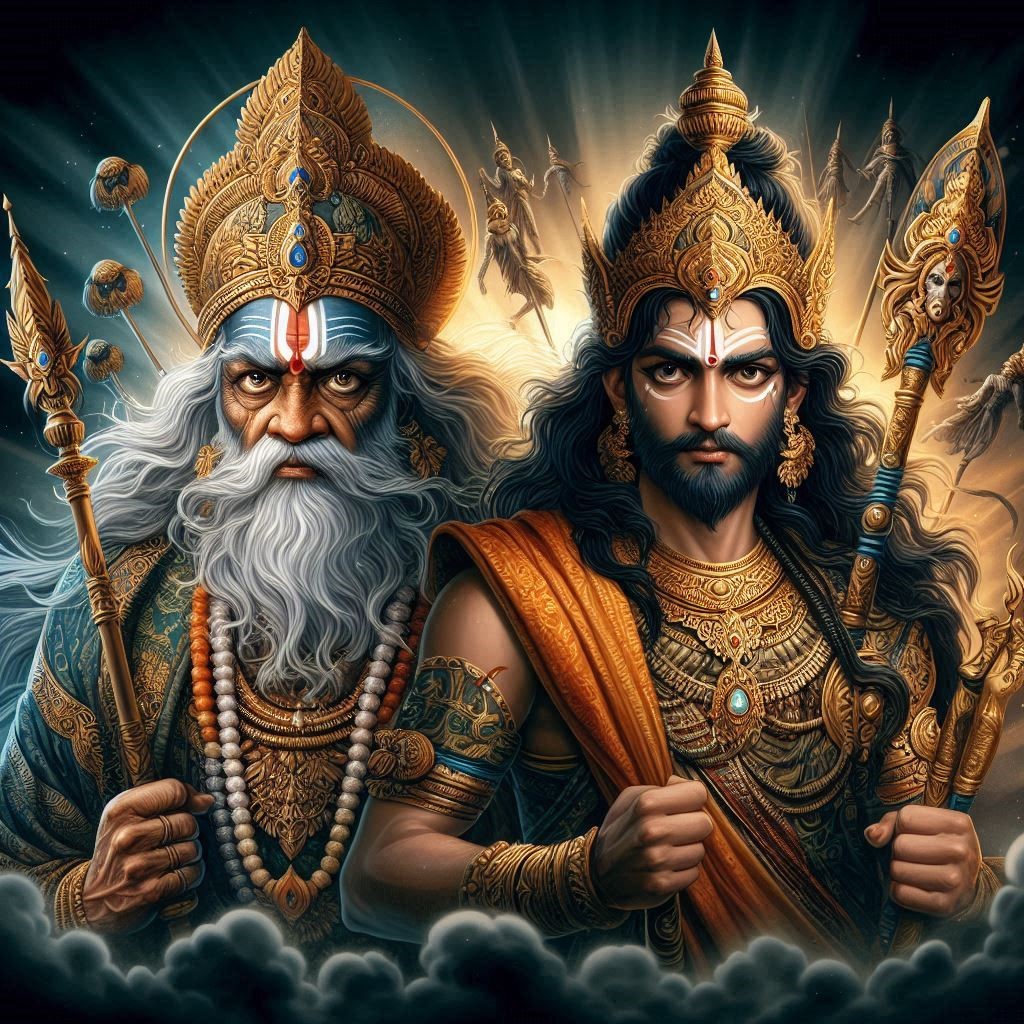
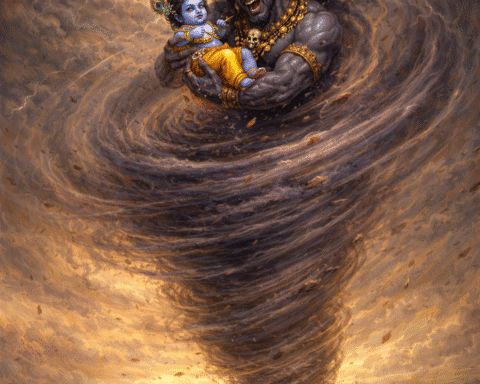
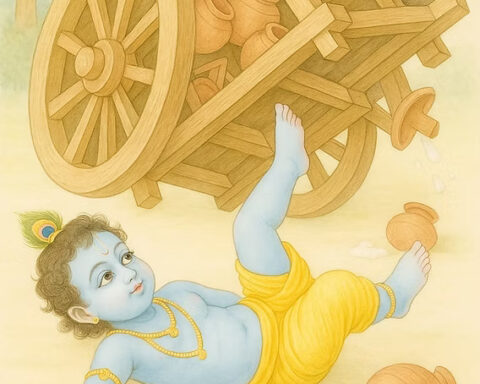
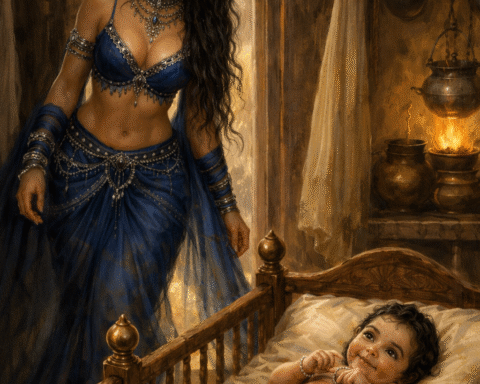
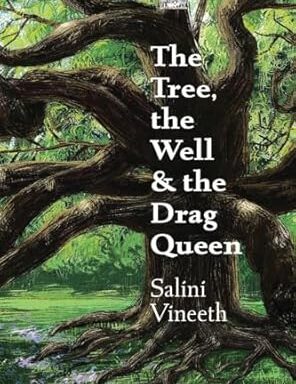
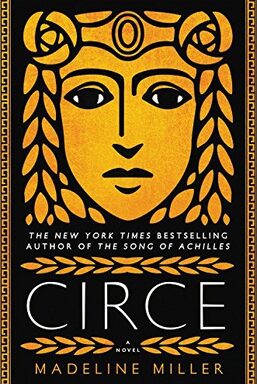
I love your mythological posts and the way you present them provides a solid glimpse about the characters you talked about even to those who never read Mahabharata and Ramayana. But I witnessed that your writing is having a strong inclination towards the characters who somehow didn’t get what they deserved or betrayed by close people or destiny was never in their favour – Abhimanyu, Puru, Ekalavya – But why and I am curious to now that.
I choose characters that I can connect with, and those that I feel need their story told from their perspective. And most of these are the ones the underdog characters and the betrayed ones. I think that’s why you think my stories are like this, Samata. But I have written other puranic and itihasa stories too, that are not from these perspectives. Do read them whenever you can. And thank you again for your kind words of encouragement and appreciation.
I guess this explains the theory of generational karma and empaths. I feel it also explains the theory of dashas in astrology. I don’t read mythology a lot, so this was an different read.
Aah, interesting that you find a connection with astrology! Nice!
The way you write the characters is amazing. You evoke emotion and empathy while reading about them. Puru sacrificed his youth and was well deserving made king and successor.
Thank you, Harjeet for your lovely words of appreciation.
I was aware of only bits and pieces of this story. Thank you Ratna for telling it in full that too in your brilliant and engaging way. I enjoyed reading it and look forward to many more. Btw, like Puru, even I was thinking what would’ve happened if he hadn’t sacrificed his youth?
That’s why I put that question at the end. Many of us would have the same doubt! And thank you for your appreciative words, Kaveri!
Thank you Ratna for this wonderful writing. I knew this but vaguely so it helped me know more but for life of me can’t understand fathers. Even Shantanu was so selfish.
I agree totally about Santanu. And if Devavrata hadn’t become Bhishma for his father, there wouldn’t have been a war at all.
I must thank you for the way you’re making me recall these mythological episodes which either I have forgotten or knew very less about to begin with. You’re keeping the mytho fiction lover in me very satisfied indeed
Thank you, Manali, for your encouraging words. Hope you find the time to read all stories on my blog.
I love reading mythogical stories on your blog. You make them sound so simple yet meaningful.
Don’t get me wrong guys but I always feel like reading some kind of greek mythology whenever I read this kinds of stories. Not being such a big fan of those kind of genre, you can say that I didn’t like much reading this one as well.
Hey Jeanine, no problem that you didn’t like my story. To each her own. And just for information, there are multiple cases of overlapping stories between Greek myths and Indian puranas, perhaps because of the trade and cultural connection between the two regions in the BCE Era. And you’re free not to read my stories. Like I said, each to her own. Cheers.
Your mythological stories remind me of the kind of books I used to read in my childhood. I can’t tell you how much do I cherish these writeups. Thanks for celebrating nostalgia:)
Thank you so much, Aditi!
I knew about Puru but didn’t know the whole story. Thank you for sharing these stories with us. The way you write them makes it very interesting.
Thank you, Madhu, for your kind words of encouragement.
A good lesson from this story, Ratna Prabha
The wisdom his father got after fulfilling his desires, Puru gained by sacrificing those very same wants.
I think this is what we need to keep in mind when we go chasing after beauty and not care about knowledge and wisdom. Nice to go through your stories. Though these are not new, every time we read them, they give a new perspective.
Well said, the same circumstance holds two very varied lessons for two different people! Spot on, Janaki. Thank you for reading and your insightful comment.
This story of Puru’s sacrifice is beautifully written and deeply moving. Your portrayal of his internal conflict and ultimate decision showcases his immense character and sense of duty. It’s a compelling reminder of the timeless values in our mythological stories. Thank you for sharing this insightful piece!
Thank you for noticing the crux of my story viz, the internal conflict of Puru. What it must be for him to give away the most precious gift of his life!
I remember, when I was young I used to read all these mythological stories in the Bengali language. Glad I read it again and felt nostalgic about those days. Thanks for such wonderful stories, which give us wings to fly back again in our school days.
Thank you, Pamela, and it heartens me to know my stories take you back to your young days. Wonderful time, indeed.
Another great story which I wasn’t aware of. Thanks for sharing
Thanks for stopping by, Caroline.
I don’t like to read any mythology. But your writing makes character live and make me comple to read. It is beautifully weaving and reminder of values.
Thank you so much for reading my tales despite this genre not being your favourite. It motivates me to write more.
What a beautiful narration of a rather complex story. Some gain wisdom with age while get wise before age. Puru was a dutiful son indeed.
Thank you, Varsh, for your words of motivation.
I remember reading this story in Amar Chitra Katha when I was younger. I remember thinking back then too, what kind of a father would be so selfish. As always, loved reading your retelling of the story.
I can’t imagine a father even thinking of asking his children for their youth. And yet, such stories in our puranas is evidence to the fact that our culture did not put anyone on a pedestal simply for their position in the family or society. There are good, bad, and grey characters in so many of these stories, reiterating the fact that nothing is fixed. A powerful concept, I’d say.
This is the first time I am coming across this story. You have narrated it in a beautiful manner. Loved reading it.
Thank you for liking my story.
I enjoyed reading this story, and i like the way you write and tell them. I find it fascinating that we have such a rich culture and so much to learn from it.
Indeed, Isheeria. All stories have already been told in our itihasas and puranas. As writers today, we just present a new perspective and narrate differently, perhaps. Thank you stopping by.
I wasn’t aware of this story but as usual, your story weaves a compelling bead to it. I like reading about mythological characters from you.
Thank you, Shifali. Hope I can continue to interest you with my tales and retellings.
This was a mythological story I wasn’t familiar with… A very interesting read!
Yes, I try to write lesser known stories and characters from our puranas and itihasas. Interestingly, a similar story is available in Greek mythology too. I just can’t recall it. Will do some research, and perhaps, write an article comparing the two. Thank you, Noor, for stopping by and appreciating my work.